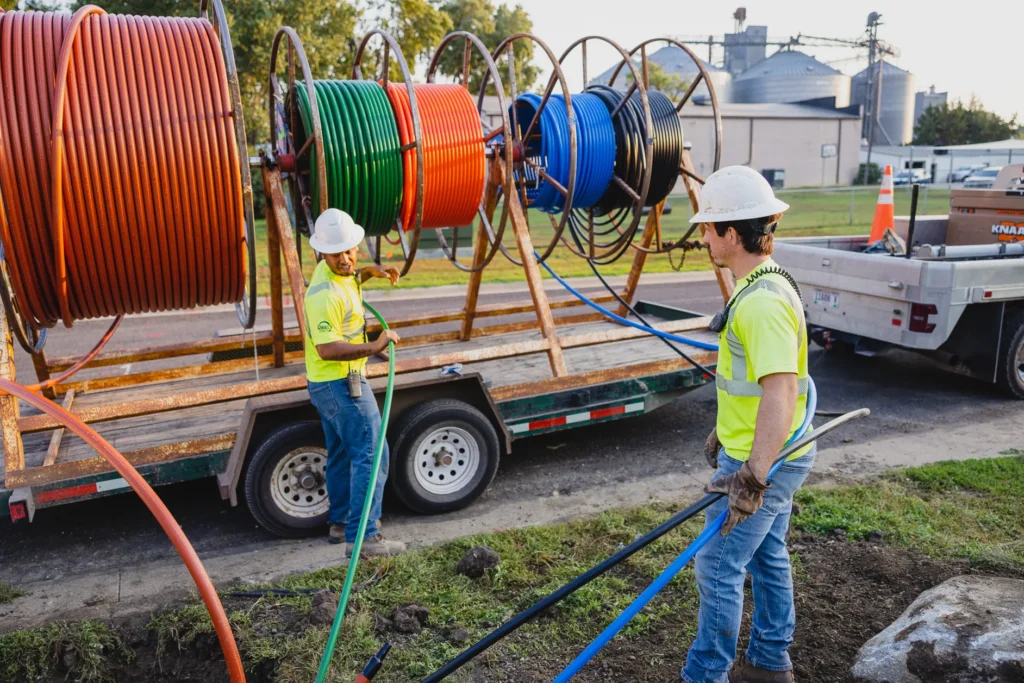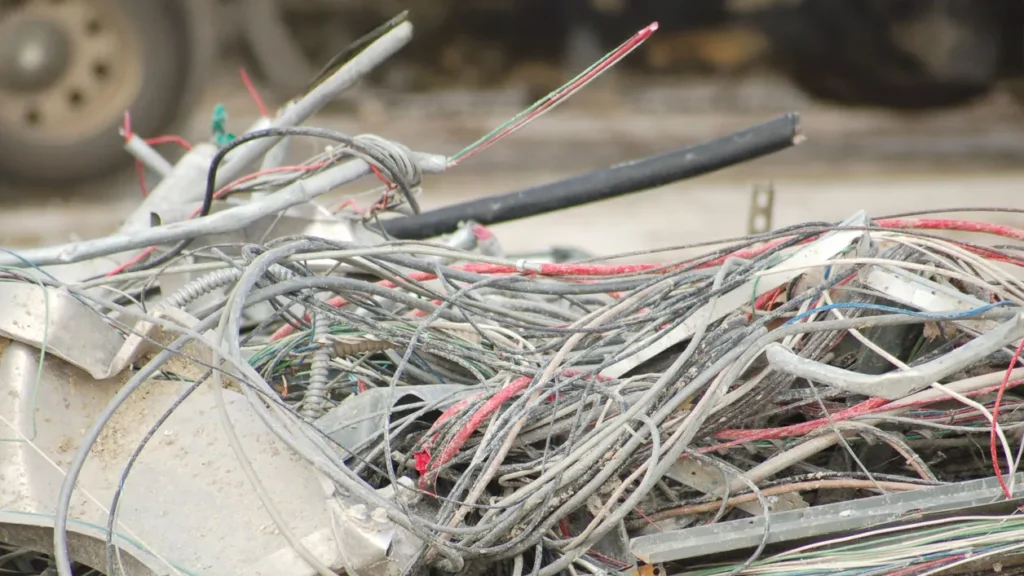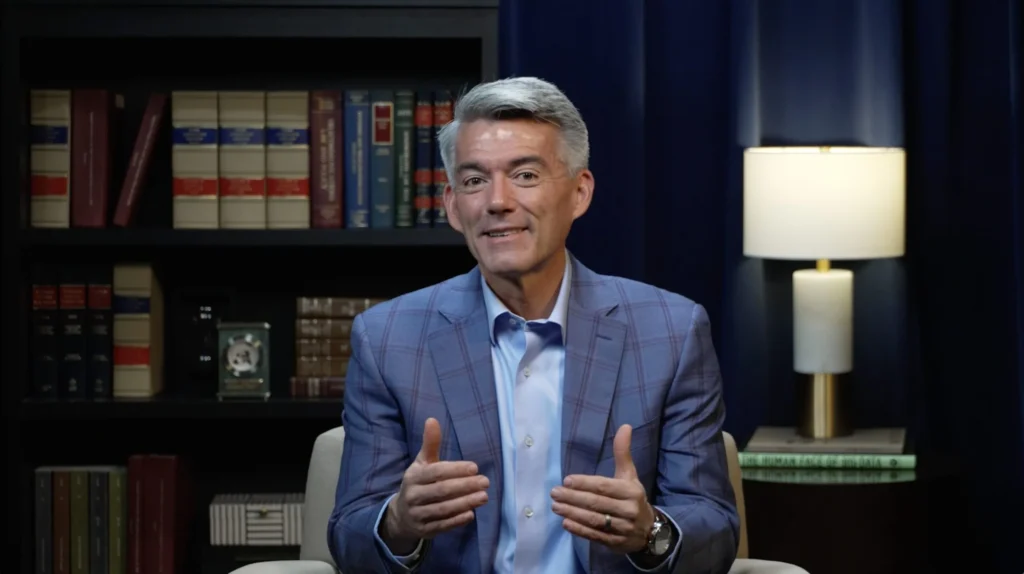As states continue to reopen and the COVID-19 environment becomes a part of the norm for the foreseeable future, strong internet connectivity has proven to be critical for businesses, schools, and health services to continue. Nowhere does that ring truer than in some of the country’s most rural areas. Dick Sjoberg, the president of Sjoberg’s, whose family started the internet, TV, and phone business in the 1940s, shared that business has remained stable for many companies across the ISP’s footprint in northwestern Minnesota, thanks to reliable broadband access. Given that some of the towns that Sjoberg’s serves range from 50-10,000 people, it is all the more important for companies in the area to keep running in order to help the economy stay vibrant. Over the past few months, Sjoberg’s has been hard at work setting up connectivity for the employees of those businesses, as well as for students without internet in their homes, all while implementing new measures to operate safely during the health crisis.
 In these small towns, explained Mr. Sjoberg, it’s not unusual for residents to have close relationships with their local internet service provider. Sjoberg’s, which retains a small team of around 20 employees plus contractors, has employees who live in almost every community in its footprint, and they often serve as youth sports coaches or community leaders, making their relationships with customers a very personal one. So when the pandemic hit, the ISP had to change a lot about how its employees interacted with customers. “We’ve been working real hard at minimizing the face to face between customers and our people,” said Mr. Sjoberg.
In these small towns, explained Mr. Sjoberg, it’s not unusual for residents to have close relationships with their local internet service provider. Sjoberg’s, which retains a small team of around 20 employees plus contractors, has employees who live in almost every community in its footprint, and they often serve as youth sports coaches or community leaders, making their relationships with customers a very personal one. So when the pandemic hit, the ISP had to change a lot about how its employees interacted with customers. “We’ve been working real hard at minimizing the face to face between customers and our people,” said Mr. Sjoberg.
Some of Sjoberg’s customers are also used to coming into the ISP’s office to make payments or to conduct other business. But to keep everyone safe, Sjoberg’s worked with those customers to transition to paying online. Sjoberg’s also put in place new procedures for its field technicians. When a service employee is dispatched to a customer’s home, they leave a bag at their door with equipment (while wearing gloves and a mask) for the customer to take inside. The field technician then uses their iPhone to talk them through how to hook up certain wires or how to work the modem.
Companies in the area also turned to Sjoberg’s for help in transitioning their employees to working from home, all in a matter of days, and to help them stay fully engaged in the marketplace. Sjoberg’s made sure employees of some of the biggest manufacturers and factories in its service area, including a large electronics distributor with over 3,700 local employees, were able to continue to receive calls and fulfill business orders from their homes.
The ISP, which takes part in the nation’s Connect2Compete program, also worked with the school superintendent in the Thief River Falls area to ensure that students could participate in the district’s distance learning program. This meant going out and installing connectivity for families in the area who had not gotten around to applying for Connect2Compete, but who were then motivated to do so when schools closed.
The ISP also provided connectivity for certain students who live in but attend school outside of Thief River Falls, in a community over 20 miles away. “The superintendent of that [neighboring school district] sent me a handwritten note and said, ‘Thank you for providing our students with connectivity so that they could do distance learning from our school here to their homes [in Thief River Falls.]’ It was enough students to recognize that there was a lot of value to us [our services],” said Mr. Sjoberg.
“20 years ago, this would not have worked. You couldn’t have done distance learning. You couldn’t have worked from home,” added Mr. Sjoberg. “The cable industry has spent billions of dollars building this phenomenal communication system. If the industry had not stepped up and invested the money early on, the world today would be different. And our companies here in town would be hurting right now.”









